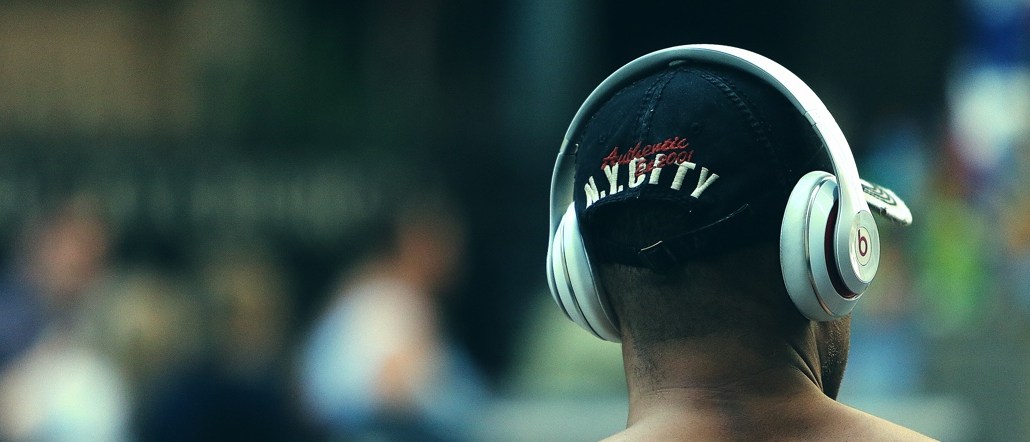Save 50% on a 3-month Digiday+ membership. Ends Dec 5.

A big new front has opened up in the war for exclusive podcasts. Spotify has been talking to podcast producers about original shows, including Gimlet, How Stuff Works and Pineapple Street Media, according to multiple people familiar with the discussions. Spotify did not make an executive available for comment.
The shows, which Spotify would like to be focused on music, according to one producer that’s spoken to the service, would be the first step in a longer-term play several platforms are making to become hubs for both music and spoken-word audio content. They could also serve as a valuable way for Spotify to grow its revenue sources ahead of an IPO many expect to happen either this year or next.
“I think a fantastic goal for these services would be to have 10 percent of their listening time be talk[-focused content],” said Mark McCrery, the CEO of Podtrac, a podcasting analytics service. “I think achieving that is a longer-term play.”
To date, podcasts have fit awkwardly into Spotify’s product. It took nearly six months to roll them out widely after they were first announced in the spring of 2015, and even today, finding the dedicated podcasts section on Spotify’s apps takes some digging; they are still not available on the desktop version of Spotify’s app, and they’re tucked away in a corner of the mobile app.
The number of users that have bothered to look them, thus far, is quite small. For most podcast producers, Spotify accounts for less than 5 percent of their total shows’ listens; Podtrac, for example, does not include Spotify listening data in its rankings, saying the overall amount of data provided is too small to make an impact.
Yet that slow start apparently has not deterred Spotify. The slow launch of video didn’t discourage the startup from investing more in original video either, with the streaming giant now seeking shows that can cost as much as $200,000 per episode.
At those prices, Spotify could easily buy up tons of podcasts, which are far less resource-intensive than video but can command advertising prices that rival, or even surpass on-demand video content.
It’s difficult to project how much original audio programming would move the needle for a product like Spotify, but it’s hardly the only one making moves in this direction. Audible, the Amazon-owned audiobook subscription service, began adding original audio podcasts to a subscription service in December, and Howl Premium, an ad-free subscription service unveiled by the Scripps-owned podcast advertising network Midroll in the summer of 2015, has been using original programming to entice people to sign up as well.
Ad position: web_incontent_pos1
The key distinction between those services and Spotify, however, is the latter’s reliance on recorded music, which record companies and music publishers provide at enormous cost. In its previous deals with labels, Spotify agreed to pay a combined 70 percent of its revenue to record labels and publishers, a number it is reportedly trying to push downward at the negotiating table. Moving toward podcasting could add another source of revenue, while also adding more time spent listening, overall.
More in Media

What publishers are wishing for this holiday season: End AI scraping and determine AI-powered audience value
Publishers want a fair, structured, regulated AI environment and they also want to define what the next decade of audience metrics looks like.

Digiday+ Research Subscription Index 2025: Subscription strategies from Bloomberg, The New York Times, Vox and others
Digiday’s third annual Subscription Index examines and measures publishers’ subscription strategies to identify common approaches and key tactics among Bloomberg, The New York Times, Vox and others.

From lawsuits to lobbying: How publishers are fighting AI
We may be closing out 2025, but publishers aren’t retreating from the battle of AI search — some are escalating it, and they expect the fight to stretch deep into 2026.
Ad position: web_bfu




